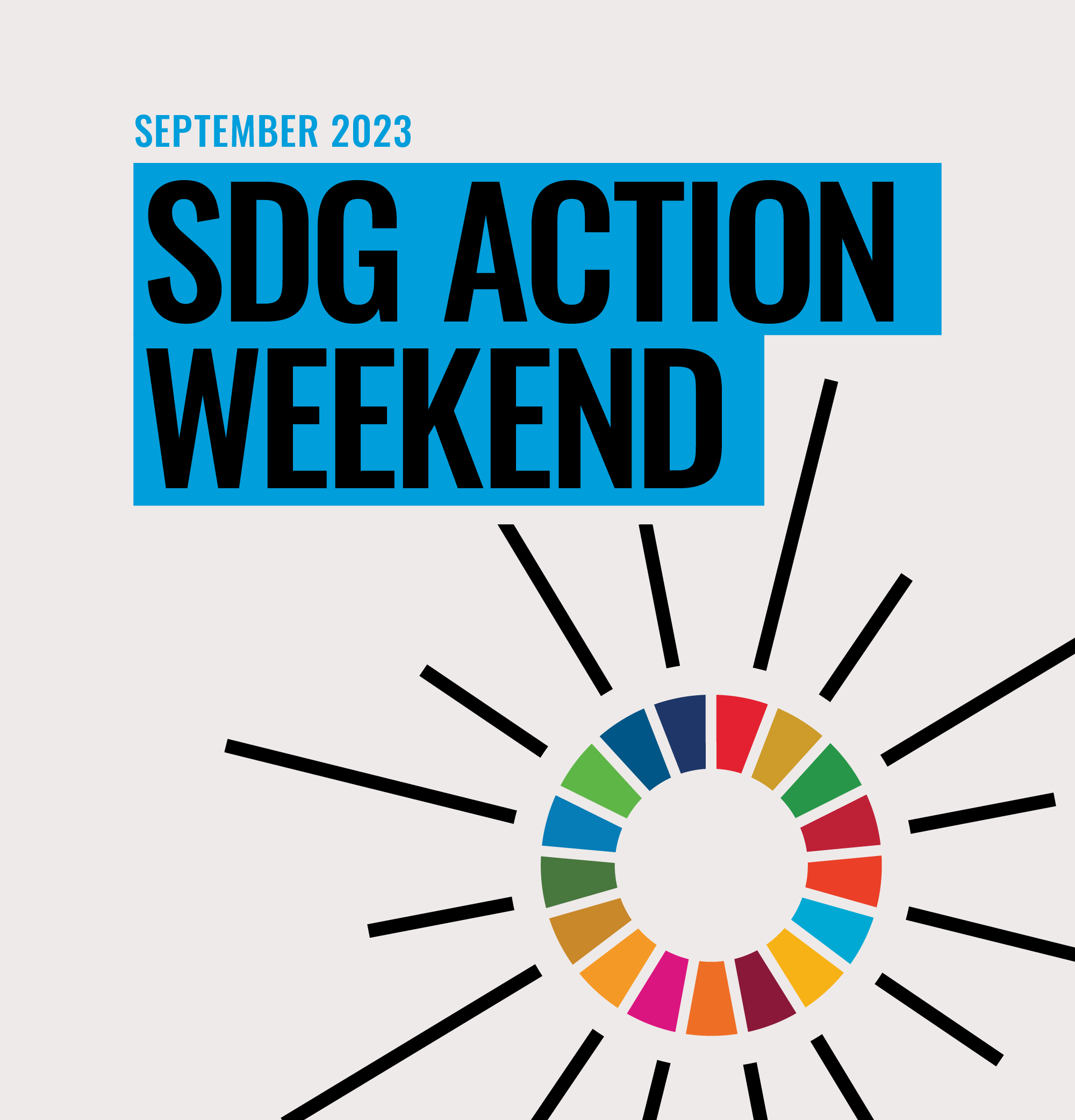In September 2023, two significant events, “Catalyzing Transformative Change: Science, Academy, and the Journey to 2030” and “Accelerating Multilateralism with Transformations in Science Policy Practice Interfaces,” unfolded in parallel, both focusing on the critical intersection of science, policy, and sustainable development. These events, part of the SDG Action Weekend, offered unique perspectives on the role of science in achieving the United Nations Sustainable Development Goals (SDGs). In this blog post, we will summarize and compare the key takeaways from these two events, shedding light on the shared themes and distinctive insights they provided. View the official program of events here.

Event 1: Catalyzing Transformative Change: Science, Academy, and the Journey to 2030
The first event, “Catalyzing Transformative Change,” was organized by the United Nations Department of Economic and Social Affairs (UNDESA), in collaboration with the Sustainable Development Solutions Network (SDSN), International Science Council (ISC), World Meteorological Organization (WMO), and United Nations Development Programme (UNDP). The event emphasized the need for political commitment to navigate the path toward a sustainable future.

Keynote Address: Mariana Mazzucato
Mariana Mazzucato’s keynote address likened the pursuit of sustainable development to the ambitious “Moonshot” tactics. She emphasized the importance of collaboration between the public and private sectors, focusing on outcomes, and maintaining an ambitious spirit. Mazzucato also called for ethical partnerships in science and academia, highlighting the need to scrutinize problematic collaborations and ensure that they do not result in excessive profits. Her address emphasized the critical role of science and academia in shaping a sustainable future.

Official Key messages:
• Ensure that scientific data, OER and research findings are openly accessible to the public, policymakers, and stakeholders, to build trust and promote informed decision-making.
• Besides making knowledge and scientific research accessible, we must equip decision-makers with the skills to use this information effectively. Since legislators and policymakers have short terms, we need institutional capacity-building for ongoing training and dialogue.
• Actively engage various sectors, such as government, academia, businesses, and civil society, in collaborative efforts to address key sustainability challenges, including energy, education, and digital connectivity.
• Establish common ethical principles in knowledge production and ensure inclusivity in research and innovation processes to create solutions that benefit all, regardless of background or location.
• Support scientific endeavors motivated by curiosity and a commitment to advancing the common good, fostering innovation and creative problem-solving.
• Promote geographical diversity and representation in scientific efforts to address local and regional challenges effectively.
• Explore avenues to attract global investment capital to efforts that contribute to the achievement of the Sustainable Development Goals.
• Improve communication of how scientific research impacts people’s daily lives, covering aspects like safety, health, employment, and economic prosperity, to enhance public understanding and engagement.
• Allocate more resources at the United Nations to science, technology, and innovation (STI) areas while strengthening partnerships and involving all stakeholders.

